
More Money Than God
Hedge Funds and the Making of a New Elite
Read offline
Recommendation
As hedge funds increase in size, variety and number, they also exercise growing power over central banks and national governments, as well as companies and industries. Unfettered by a fixed investment philosophy, hedge fund managers bank on the flexibility to buy assets and sell them short as dynamic markets dictate. Some hedge funds have succeeded spectacularly and some have failed, such as those holding too many mortgage securities when the U.S. housing industry collapsed in 2007. But over its history, the hedge fund industry’s performance has been remarkably good. Here, business journalist Sebastian Mallaby forcefully argues that hedge funds contribute to economic stability by chasing the true value of mispriced assets. His richly detailed book centers on the successes and occasional missteps of famous hedge fund managers, including such luminaries as Stanley Druckenmiller, Paul Tudor Jones II, Michael Steinhardt, Julian Robertson and George Soros. getAbstract recommends this book as a vivid introduction to hedge funds for those who are unfamiliar with them, and as a valuable, often entertaining, reference for financial professionals. And if you want to know even more, read the illuminating footnotes.
Summary
About the Author
Sebastian Mallaby, a senior fellow at the Council on Foreign Relations, is a Washington Post columnist. He previously covered international finance for The Economist and was its bureau chief in Japan, Africa and Washington. He also wrote The World’s Banker and After Apartheid.








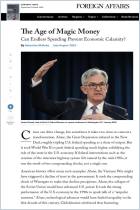
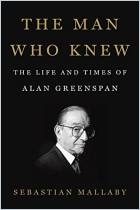

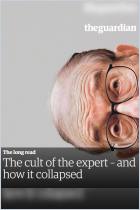
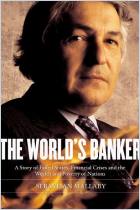
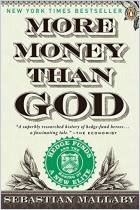
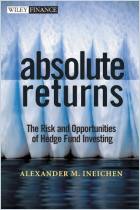
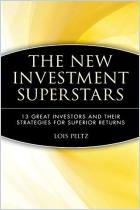
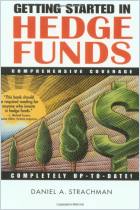
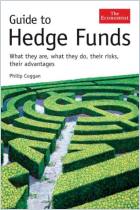
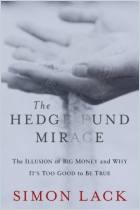









Comment on this summary or Начать обсуждение